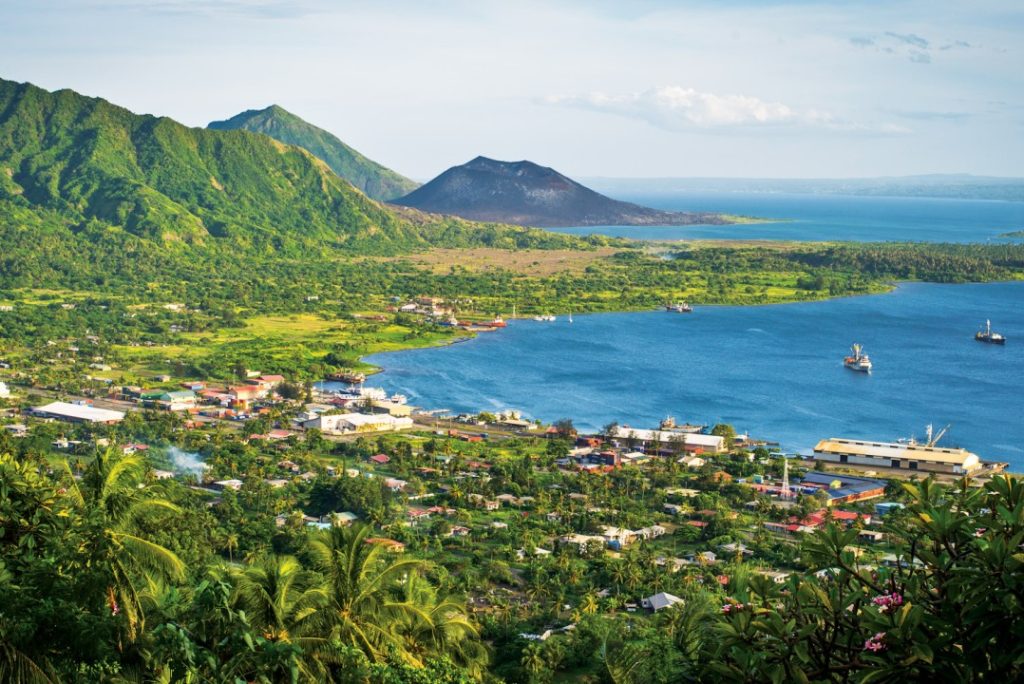Once upon a time, East New Britain Province in Papua New Guinea was hailed as the “Pearl of the South Pacific.”
With its turquoise seas and blue skies, volcanoes and hot springs, coral bays, and wartime relics, it possessed a unique and captivating charm. This land should have been a national calling card—one of the brightest stars on the map of South Pacific tourism.
But today, this former tourist paradise is undergoing a painful transformation. It is rapidly descending from a dream vacation destination into a state of disorder, chaos, and even violence.
Hardly a week goes by without a security incident in East New Britain—robbery, arson, armed brawls, and even public assaults. These are no longer isolated cases, but part of a disturbing trend of normalization.
What is most alarming is that society seems to be growing numb. There is no sign of this trend slowing down; instead, there is a prevailing sense that “no one is in control.”
Locals no longer feel safe. Outsiders keep their distance.
We must face a stark reality: no matter how rich the resources, without basic security, they are nothing but castles in the air.
Tourism cannot be just a slogan, nor should it remain trapped in policy speeches or PowerPoint presentations at international conferences.
If we say we want to develop tourism, then we must first answer a fundamental question: Do tourists dare to come? And if they do come, can they leave safely?
Security is not solely the responsibility of the police. It is a comprehensive challenge that tests national governance and the effectiveness of leadership. The situation in East New Britain has already sounded the alarm: if the national and provincial governments, the police, and the community continue to “look the other way” and “react only after problems occur,” this state of disorder will spread far beyond a single province.
East New Britain is richly blessed with tourism resources. But tourism is not won by resources—it is protected by order and trust. Tourists don’t come here to experience the “law of the jungle.” They come for a safe, comfortable, and well-organized experience in a foreign land.
We urge the national government to immediately launch a comprehensive public security campaign in key tourism cities. In strategic provinces like East New Britain, authorities must act decisively and forcefully to restore the deterrent power of the law and rebuild the public’s sense of safety. At the same time, a strong message must be sent through public discourse: this is not a lawless land—we stand for safe tourism and sustainable openness.
History does not wait for the hesitant, nor does it forgive the apathetic. If we do not confront the problem today—if we don’t “hit the brakes” in East New Britain—the international image of all Papua New Guinea may spiral down with it.
Slogans are easy. Action is hard.
But only by confronting reality head-on can tourism truly become a pillar of national development—not just a poster on the wall or a promise in the papers.


